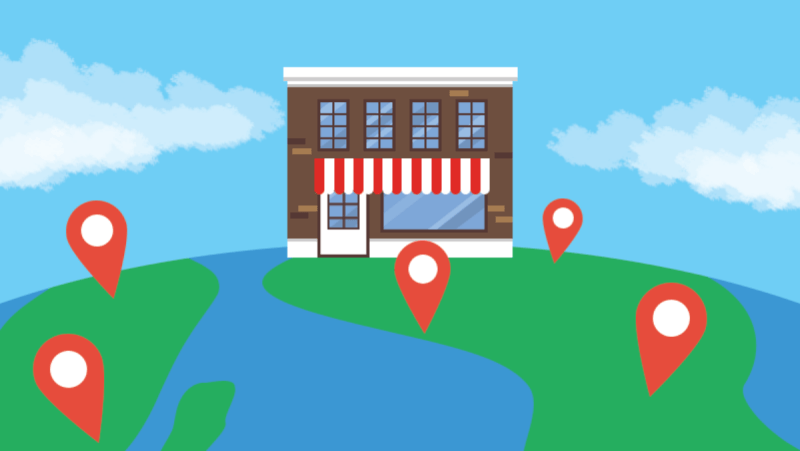Believe it or not, location can influence the sales you get and ultimately, make or break your business. There’s more to a business’s location than the cost and size of the premises.
And while the end of the last decade has seen many businesses abandon their physical offices, industries like healthcare and hospitality still have these needs.
So, how do you know the most ideal location for your venture? By first considering these common factors in relation to the type of your business.
Cost
Finances dictate nearly all business decisions. Can you afford the rent, down payments, and other utility bills required to run the place? Are the parking fees or surrounding restaurants affordable to your employees and customers? Most importantly, do the premises offer value for the stated price?
Cost is especially important for businesses that are just starting because most are usually working with a tight budget.
Demand
Are the products or services you provide in high demand in that area? You can determine this by looking at things like demographics of the population in that area, presence of competitors, complementary businesses and institutions that may supply clients, and so on.
A truck accident attorney, for instance, cannot go wrong in an area with high traffic of trucks and large commercial companies.
Government Regulations
While choosing a location in your hometown or state offers familiarity for business operations, government regulations may dictate otherwise.
How do the taxation rates compare to that of other states or towns? Are there important economic policies that may affect your business? Are the laws friendly to entrepreneurs in general? These often overlooked, external factors can affect your success as an entrepreneur and even the type of talent you find when recruiting.
Growth Potential
First, can the space accommodate projected growth for your business? Having to move every time your business expands might be costly in the long run.
Second, what is the growth potential for the area you choose to locate your business? A restaurant owner looking to establish a permanent business will prefer a town that has experienced steady population and economic growth over the years.
Area Demographics
Every business has a particular persona that they target categorized in things like age, gender, occupation, psychographics, and so on. The community surrounding your business should largely comprise this target audience.
Additionally, consider factors like religious beliefs, culture, community attitudes and how they might impact your business before choosing a location.
Brand or Image
What kind of brand image do you aspire for your business? Is it a luxurious boutique for the latest designer fashion or a laid-back coffee place to catch up with college mates and friends?
In these two examples, the latter might not do well in an upscale neighborhood, while the same location will create the right brand image for the boutique.
Access to Basic Infrastructure
Things like water, electricity supply, parking areas, and modes of transportation are some of the basic infrastructures to check before settling on an office location. How accessible is your location from road networks, airports, or train stations depending on your target audience?
This makes it easy for vendors, customers, and even strategic partners to access your business.
Security
Finally, visitors coming to your business premises should be certain that their safety is guaranteed. Location security can affect other things like insurance premiums, sales, and the cost of hiring security services.
Ask around, research in the news, and look at crime statistics to determine the overall safety of a location. This will also help you identify the potential crimes and implement necessary mitigation strategies.
